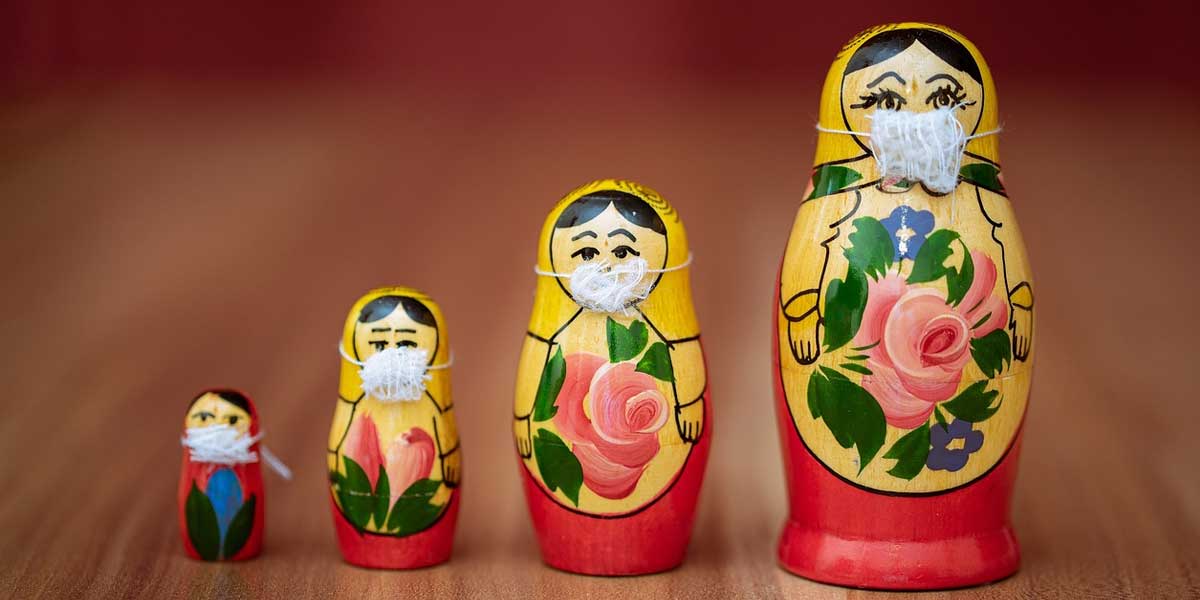We've entered cold and flu season, and the new COVID-19 variant Omicron is entering too. While the top two things you can do to stay infection-free right now are diligently wearing a mask and practicing physical distancing, the reality is that this is easier for some people than for others. If you fall into the ""not so easy"" clan, you may want to know how to boost your immune system. You can't boost your immune system per se; nevertheless, some foods may help you survive the cold and any other diseases following the cold winds.
Chyavanprash
Ayurveda gives us a tasty treat to help us out during winters/ diseases. It is an ancient recipe that helps us support a healthy immune response, build our ojas, and maintain our vibrancy. It is known as chyavanprash. But what exactly is it, and how can it support your health? According to Ayurvedic legend, the celestial physicians known as the Ashwin Kumaras sought to help the elderly sage, Chyavana, attain virility and youth to satisfy his young bride. chyavanprash is a dark, rich, herbal jam that has helped Chyavana live a healthy life for years. It is sweet, a bit sour, and slightly tangy. It is known for its rejuvenating and bolstering immune properties. Depending on the formula, chyavanprash can contain 15€“40 powerful Ayurvedic herbs, along with honey, ghee, and raw sugar.
Dry Fruits
Dry fruits are some of the healthiest alternatives to salty, fried snacks and a great way to gratify your cravings to nibble something or the other during winters. They also work to satisfy a sweet craving while providing you the much-needed nutrients, vitamins, and heat in the winter chill. Almonds, figs, walnuts, and cashews are some dry fruits that are a powerhouse of essential fatty acids, fiber, protein, vitamins, minerals, and fiber. No diet regime is complete without dry fruits as they are packed with various nutrients and essential fats. They also have several skin benefits and form a significant ingredient in beauty products.
Chikki
Chikki is a natural sweet delicacy packed with immense health benefits. It is made out of jaggery and nuts. The most popular is the groundnut chikki. The combination of vital vitamins and proteins of peanuts and the iron of jaggery elevates immunity during winter. This traditional dessert is famous for its unique taste, crispiness, and aroma. The chikki lowers bad cholesterol in the blood, preventing coronary & artery disease and strokes by favoring a healthy blood lipid profile. Peanut chikki contains an acceptable quality of amino acids essential for growth and development. It is perfect to munch for evening snacks instead of junk food like chips and crackers.
Gajak
Sesame seeds are known to provide warmth to your body in winter and have been traditionally used to make Laddoos, Gajak, Rewari, and even Barfi. Apart from giving warmth, til is also rich in good fats, calcium, fiber, B vitamins, zinc, iron, and Vitamin E. Consumption of sesame seeds can strengthen bones, promote digestion, and boost immunity. Gajak made of gur activates the digestive enzymes in the body and thus speeds up digestion. In the same way, Gajak made of til is full of high fiber content and unsaturated fatty acid content. Eating this lubricates the intestines and helps regulate bowel movement, curing constipation. There is no doubt that this winter food is loaded with various benefits to offer.
Veggies
Winter means time to stock up your pantry with all the season-specific veggies. Seasonal veggies are a must to gain all the nutrients for a healthy body. Every green veggie has its impressive list of benefits and is a must during its specific season veggies like spinach, radish, carrots, sweet potatoes, and many more. Vitamins A, C, K, B6, sodium, potassium, and zinc are only a few benefits of eating veggies of the season.

